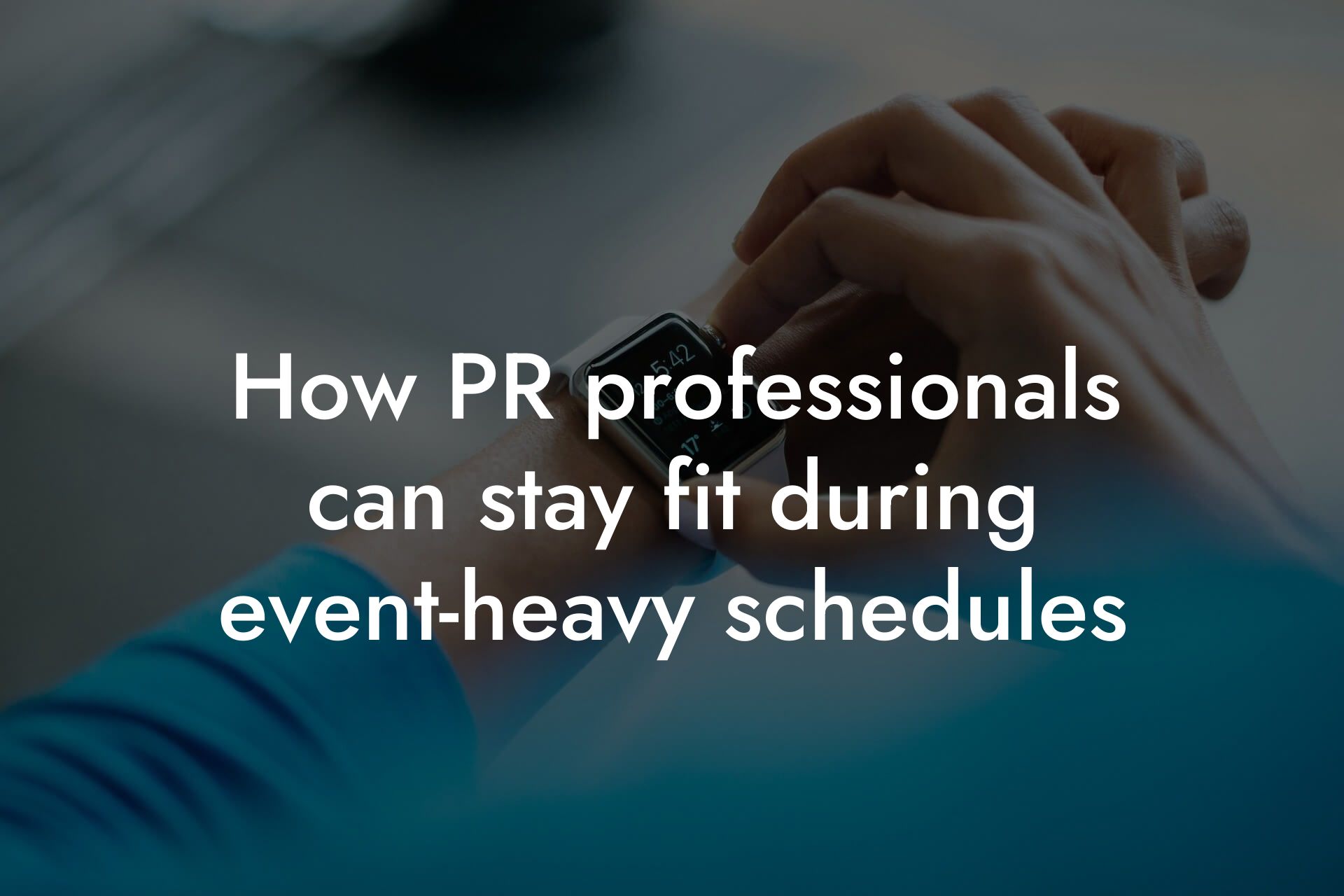As a high-earning professional, your physical appearance plays a significant role in your career success. Whether you're a CEO, entrepreneur, influencer, or performer, your body composition can affect how others perceive you, your confidence, and ultimately, your performance. In this article, we'll delve into the importance of body composition in public-facing roles and how it can impact your professional life.
Table of Contents
- What is Body Composition?
- The Importance of Body Composition in Public-Facing Roles
- The Impact of Body Fat on Public Perception
- The Role of Muscle Mass in Public-Facing Roles
- The Impact of Body Composition on Mental Health
- How to Improve Your Body Composition
- How DEXA Scans Can Help
- Frequently Asked Questions
What is Body Composition?
Body composition refers to the proportion of fat and lean mass in your body. It's a critical aspect of overall health and fitness, as it can affect your metabolism, energy levels, and physical performance. A healthy body composition is characterized by a low percentage of body fat and a high percentage of lean mass, including muscle and bone density.
The Importance of Body Composition in Public-Facing Roles
In public-facing roles, your physical appearance is often scrutinized and judged by others. A healthy body composition can convey confidence, authority, and professionalism, which are essential qualities for success in these roles. On the other hand, excess body fat or a lack of muscle mass can lead to feelings of self-consciousness, low energy, and decreased performance.
For example, a CEO who appears fit and healthy is more likely to be taken seriously by investors, clients, and employees. An influencer with a toned physique is more likely to attract followers and secure brand partnerships. A performer with a lean and strong body is more likely to deliver high-energy performances and captivate their audience.
The Impact of Body Fat on Public Perception
Excess body fat can have a significant impact on public perception. Research has shown that people who are overweight or obese are often viewed as less competent, less attractive, and less trustworthy. This can lead to discrimination, bias, and social stigma, which can affect your career advancement and earning potential.
In contrast, a lean and fit physique can convey a sense of discipline, hard work, and dedication. It can also boost your confidence and self-esteem, which are critical for success in public-facing roles.
The Role of Muscle Mass in Public-Facing Roles
Muscle mass is a critical component of body composition, particularly in public-facing roles. A strong and toned physique can convey power, authority, and confidence, which are essential qualities for leaders and performers.
Muscle mass also plays a significant role in bone density, which is critical for overall health and longevity. As we age, our bone density naturally decreases, which can lead to osteoporosis, fractures, and other health problems. A strong and healthy muscle mass can help maintain bone density, reducing the risk of these health issues.
The Impact of Body Composition on Mental Health
Body composition can also have a significant impact on mental health, particularly in public-facing roles. Research has shown that people who are unhappy with their body composition are more likely to experience anxiety, depression, and low self-esteem.
On the other hand, a healthy body composition can boost mood, energy, and confidence, which are critical for success in public-facing roles. When you feel good about your body, you're more likely to take risks, speak up, and assert yourself, which can lead to greater success and recognition.
How to Improve Your Body Composition
Improving your body composition requires a combination of healthy diet, regular exercise, and lifestyle changes. Here are some tips to get you started:
Eat a balanced diet that is high in protein, fiber, and healthy fats, and low in sugar, salt, and unhealthy fats. Aim to eat five servings of fruits and vegetables daily, and include lean protein sources like chicken, fish, and tofu in your meals.
Engage in regular exercise, including cardio, strength training, and high-intensity interval training (HIIT). Aim to exercise for at least 30 minutes daily, and incorporate activities that you enjoy, such as swimming, cycling, or dancing.
Get enough sleep, aiming for 7-9 hours daily. Poor sleep can disrupt hormones, metabolism, and energy levels, leading to weight gain and decreased performance.
Manage stress through meditation, yoga, or deep breathing exercises. Chronic stress can lead to increased cortisol levels, which can contribute to weight gain and decreased performance.
How DEXA Scans Can Help
At Tano Performance Group, we use DEXA scans to provide a comprehensive body assessment, including body fat percentage, lean mass, and bone density. Our DEXA scans are quick, easy, and non-invasive, providing you with a detailed report on your body composition.
With this information, you can tailor your diet and exercise program to improve your body composition, boost your confidence, and enhance your performance in public-facing roles. Our team of experts will work with you to create a personalized plan, helping you achieve your goals and take your career to the next level.
In conclusion, body composition plays a critical role in public-facing roles, affecting how others perceive you, your confidence, and your performance. By maintaining a healthy body composition, you can convey confidence, authority, and professionalism, which are essential qualities for success in these roles.
At Tano Performance Group, we're committed to helping high-earning professionals like you achieve their goals and take their careers to the next level. With our DEXA scans and personalized coaching, you can improve your body composition, boost your confidence, and enhance your performance in public-facing roles.
Frequently Asked Questions
What is body composition, and why is it important in public-facing roles?
Body composition refers to the percentage of fat, lean mass, bone density, and water in the body. In public-facing roles, body composition plays a significant role in how others perceive you, which can impact your confidence, credibility, and overall performance. A healthy body composition can convey a sense of professionalism, energy, and authority, while an unhealthy body composition can detract from your overall image.
How does body composition affect confidence in public-facing roles?
When you feel good about your body, you exude confidence. A healthy body composition can boost your self-esteem, allowing you to take on challenges and engage with others more effectively. On the other hand, body dissatisfaction can lead to feelings of insecurity, making it harder to perform at your best in public-facing roles.
What are the key components of body composition, and how do they impact public-facing roles?
The key components of body composition are fat mass, lean mass, bone density, and water percentage. A healthy balance of these components is essential for optimal physical and mental performance in public-facing roles. For example, having a healthy amount of lean mass can improve energy levels and endurance, while excessive fat mass can lead to fatigue and decreased mobility.
How does body fat percentage impact public-facing roles?
Excess body fat can negatively impact public-facing roles by reducing energy levels, increasing fatigue, and affecting overall physical appearance. High body fat percentage can also lead to health problems, such as diabetes and cardiovascular disease, which can further compromise performance in public-facing roles.
What is the ideal body fat percentage for public-facing professionals?
The ideal body fat percentage varies depending on age, gender, and other factors. Generally, for men, a body fat percentage of 10-15% is considered healthy, while for women, it's 15-20%. However, the ideal body fat percentage for public-facing professionals may be lower, around 8-12% for men and 12-15% for women, to maintain a lean and energetic appearance.
How does lean mass impact public-facing roles?
Lean mass, which includes muscle mass, bone density, and water percentage, is essential for optimal physical performance and energy levels. In public-facing roles, having a healthy amount of lean mass can improve endurance, reduce fatigue, and enhance overall physical appearance.
What is the relationship between bone density and public-facing roles?
Bone density is critical for overall health and physical performance. In public-facing roles, having healthy bone density can improve posture, reduce the risk of injuries, and enhance overall physical appearance. Low bone density can lead to osteoporosis, fractures, and other health problems that can compromise performance in public-facing roles.
How does water percentage impact public-facing roles?
Water percentage is essential for physical performance, energy levels, and overall health. In public-facing roles, having a healthy water percentage can improve skin health, reduce fatigue, and enhance overall physical appearance. Dehydration can lead to decreased energy levels, headaches, and poor physical performance.
What are the common body composition challenges faced by public-facing professionals?
Common body composition challenges faced by public-facing professionals include excess body fat, low lean mass, poor bone density, and dehydration. These challenges can be addressed through a combination of healthy diet, regular exercise, and stress management.
How can public-facing professionals improve their body composition?
Public-facing professionals can improve their body composition through a combination of healthy diet, regular exercise, and stress management. This can include eating a balanced diet, engaging in resistance training and cardio exercises, getting adequate sleep, and managing stress through techniques like meditation and yoga.
What role does nutrition play in body composition for public-facing professionals?
Nutrition plays a critical role in body composition for public-facing professionals. A healthy diet that includes lean protein, complex carbohydrates, and healthy fats can help improve body composition by supporting muscle growth, reducing body fat, and enhancing overall health.
How can public-facing professionals balance their diet and exercise routine?
Public-facing professionals can balance their diet and exercise routine by setting realistic goals, creating a schedule, and tracking progress. This can include meal planning, portion control, and regular exercise sessions, such as weightlifting and cardio exercises.
What are the benefits of regular exercise for public-facing professionals?
Regular exercise can improve body composition, increase energy levels, and enhance overall physical performance in public-facing roles. Exercise can also reduce stress, improve sleep quality, and boost confidence and self-esteem.
How can stress impact body composition in public-facing professionals?
Chronic stress can negatively impact body composition in public-facing professionals by increasing cortisol levels, leading to fat storage around the midsection, and reducing lean mass. Stress can also lead to poor sleep quality, fatigue, and decreased energy levels.
What are some stress-reducing techniques for public-facing professionals?
Stress-reducing techniques for public-facing professionals include meditation, yoga, deep breathing exercises, and progressive muscle relaxation. These techniques can help reduce cortisol levels, improve sleep quality, and enhance overall well-being.
How can public-facing professionals maintain a healthy body composition during busy periods?
Public-facing professionals can maintain a healthy body composition during busy periods by prioritizing self-care, setting realistic goals, and creating a schedule. This can include meal planning, portion control, and regular exercise sessions, even if it's just 10-15 minutes a day.
What are some common misconceptions about body composition in public-facing roles?
Common misconceptions about body composition in public-facing roles include the idea that being thin is equivalent to being healthy, that muscle mass is only important for athletes, and that body composition is solely determined by genetics. These misconceptions can lead to unhealthy behaviors and poor body composition.
How can public-facing professionals overcome body composition challenges?
Public-facing professionals can overcome body composition challenges by seeking support from healthcare professionals, setting realistic goals, and creating a personalized plan that includes healthy diet, regular exercise, and stress management.
What role does sleep play in body composition for public-facing professionals?
Sleep plays a critical role in body composition for public-facing professionals. Adequate sleep can help regulate hunger hormones, support muscle growth, and enhance overall physical performance. Poor sleep quality can lead to fatigue, decreased energy levels, and poor body composition.
How can public-facing professionals improve their sleep quality?
Public-facing professionals can improve their sleep quality by establishing a consistent sleep schedule, creating a relaxing bedtime routine, and avoiding stimulating activities before bedtime. Aiming for 7-9 hours of sleep per night can help support optimal body composition and overall health.
What are some resources available for public-facing professionals looking to improve their body composition?
Resources available for public-facing professionals looking to improve their body composition include healthcare professionals, registered dietitians, personal trainers, and online resources like Tano Performance Group. These resources can provide personalized guidance, support, and education to help public-facing professionals achieve their body composition goals.
Here are some related articles you might love...
- How PR professionals can stay fit during event-heavy schedules
- Nutrition strategies for staying energized during campaigns
- Balancing client demands with personal fitness in marketing
- The role of physical health in effective communication
- How DEXA scans can benefit PR and marketing professionals
- The importance of fitness in a highly social career
- Quick workouts for marketing professionals on the go
- Managing stress through physical fitness in PR roles
- How to maintain a fit appearance during public events
Zak Faulkner
Zak Faulkner is a leading authority in the realm of physical health and body composition analysis, with over 15 years of experience helping professionals optimise their fitness and well-being. As one the experts behind Tano Performance Group, Zak has dedicated his career to providing in-depth, science-backed insights that empower clients to elevate their physical performance and overall health.
With extensive knowledge of DEXA technology, Zak specializes in delivering comprehensive body assessments that offer precise data on body fat, muscle mass, bone density, and overall physique. His expertise enables individuals to make informed decisions and achieve their fitness goals with accuracy and confidence. Zak’s approach is rooted in a deep understanding of human physiology, combined with a passion for helping clients unlock their full potential through personalised strategies.
Over the years, Zak has earned a reputation for his commitment to excellence, precision, and client-focused service. His guidance is trusted by top professionals who demand the best when it comes to their health. Whether advising on fitness programs, nutritional strategies, or long-term wellness plans, Zak Faulkner’s insights are a valuable resource for anyone serious about taking their health and fitness to the next level.
At Tano Performance Group, Zak continues to lead our Content Team revolutionising how professionals approach their physical health, offering unparalleled expertise that drives real results.




